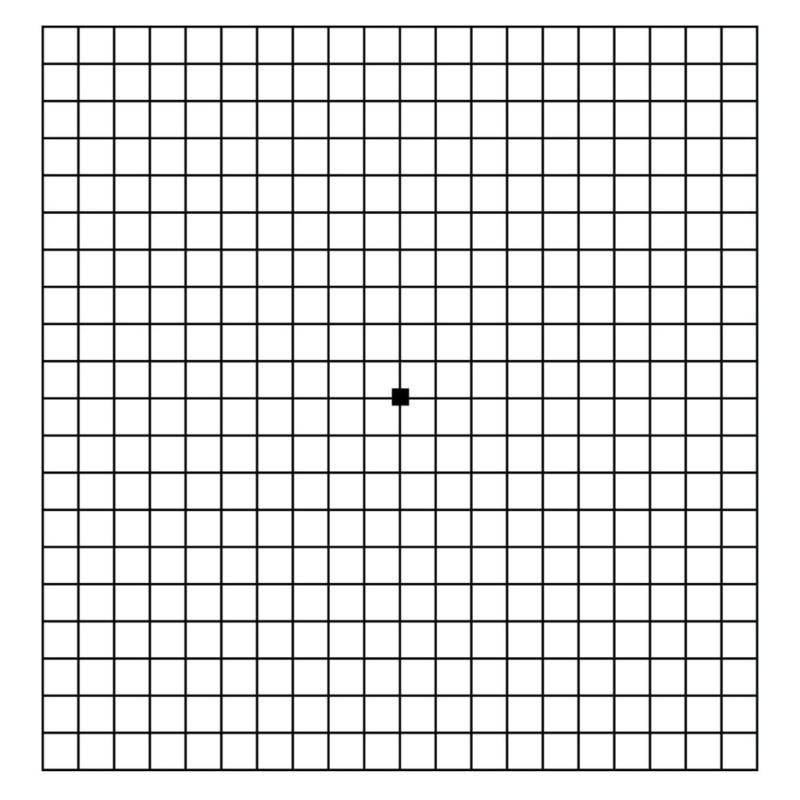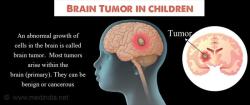How do you cure macular degeneration?
It's important to note that macular degeneration is generally not curable, but there are various treatment approaches aimed at managing the condition and slowing its progression. Macular degeneration, specifically age-related macular degeneration (AMD), is a chronic eye disease that affects the macula, leading to vision loss in the center of the visual field. There are two main types of AMD: dry (non-neovascular) and wet (neovascular).
1. Dry Macular Degeneration:
Nutritional Supplements: Some studies suggest that certain nutritional supplements, including vitamins and minerals like vitamin C, vitamin E, zinc, copper, and lutein/zeaxanthin, may help slow the progression of dry AMD. This is often referred to as the AREDS2 formula.
Lifestyle Modifications: Adopting a healthy lifestyle, including a well-balanced diet, regular exercise, and not smoking, may contribute to maintaining overall eye health.
Regular Eye Exams: Monitoring the condition with regular eye exams is crucial. Your eye care professional can detect any changes and recommend appropriate interventions.
2. Wet Macular Degeneration:
Anti-VEGF Injections: For wet AMD, which involves abnormal blood vessel growth under the retina, anti-VEGF (vascular endothelial growth factor) drugs are commonly used. These drugs, such as ranibizumab (Lucentis), bevacizumab (Avastin), and aflibercept (Eylea), are injected into the eye to inhibit the growth of abnormal blood vessels and reduce leakage.
Laser Therapy: In some cases, laser therapy (photocoagulation) may be used to destroy abnormal blood vessels. However, this approach is less common than anti-VEGF injections.
Photodynamic Therapy (PDT): PDT involves using a light-activated medication to damage abnormal blood vessels. This is also a less common treatment compared to anti-VEGF injections.
Regular Monitoring: As with dry AMD, regular monitoring through eye exams is essential for individuals with wet AMD.
It's important to consult with an ophthalmologist or retina specialist for personalized advice and treatment options based on the specific type and severity of macular degeneration. Research and treatment options for macular degeneration continue to evolve, so it's advisable to stay informed about the latest developments in the field.
Please note that developments in medical research and treatment options may have occurred since my last update. Always consult with a healthcare professional for the most current information and advice tailored to your specific situation.
What are the methods used to manage or treat macular degeneration?
The management and treatment of macular degeneration (MD) depend on the type and severity of the condition. Here are some common approaches:
Age-related Macular Degeneration (AMD):
Dry AMD:
- Nutritional supplements: Antioxidants like vitamins C and E, lutein, and zeaxanthin may help slow the progression of dry AMD.
- Smoking cessation: Smoking significantly increases the risk of AMD progression. Quitting smoking is crucial for preventing further damage.
- Regular eye exams: Monitoring the disease progression is essential for early detection of any changes and timely intervention.
Wet AMD:
- Anti-VEGF injections: These injections directly into the eye can block vascular endothelial growth factor (VEGF), a protein that promotes abnormal blood vessel growth.
- Photodynamic therapy (PDT): This treatment uses a light-sensitive drug and laser light to destroy abnormal blood vessels.
- Laser therapy: In some cases, laser therapy may be used to destroy small, abnormal blood vessels.
- Surgery: In rare cases, surgery may be necessary to remove the abnormal blood vessels or scar tissue.
Stargardt Disease:
- Genetic testing: Identifying the specific genetic mutation causing Stargardt disease may help in developing personalized treatment strategies.
- Vitamin A supplements: High doses of vitamin A may slow the progression of the disease in some individuals.
- Gene therapy: Early stage clinical trials are currently exploring gene therapy as a potential treatment for Stargardt disease.
Other Forms of MD:
- Treatment for the underlying cause: In cases where MD is caused by an underlying condition like diabetes or high blood pressure, treating the underlying cause is essential to manage the disease.
- Low vision rehabilitation: This therapy helps individuals with MD develop coping mechanisms and use assistive devices to maximize their remaining vision.
Overall, the management and treatment of MD are constantly evolving as research continues to uncover new insights into the disease. It's crucial to consult with an ophthalmologist familiar with MD for regular checkups, personalized treatment plans, and access to the latest advancements in care.
Here are some additional resources you may find helpful:
- National Eye Institute: https://www.nih.gov/health-information/nih-clinical-research-trials-you/age-related-macular-degeneration-amd
- American Macular Degeneration Foundation: https://www.macular.org/
- BrightFocus Foundation: https://www.brightfocus.org/
Remember, early detection and timely intervention are key to managing MD and preserving vision. If you have any concerns about your vision, consult with an eye care professional immediately.












